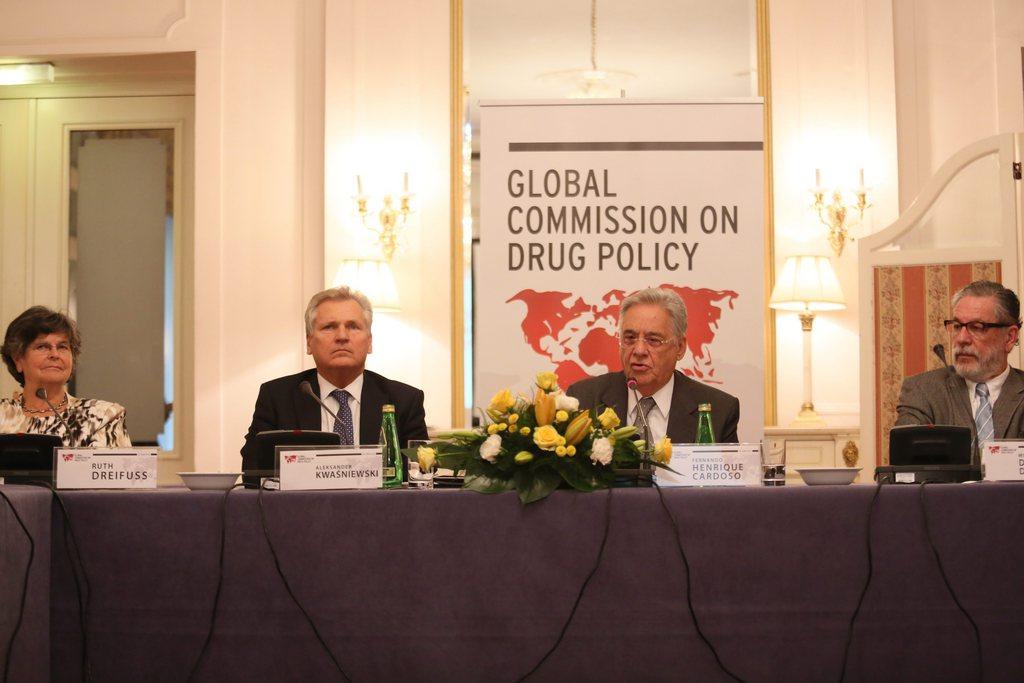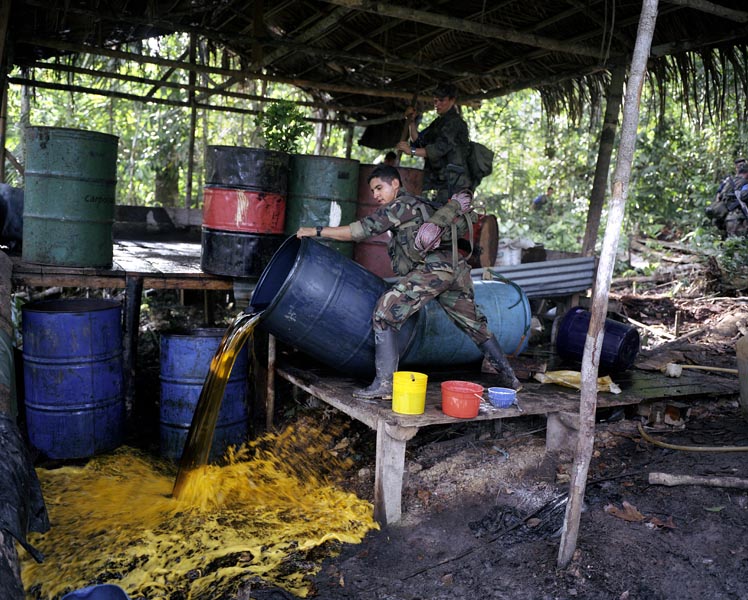Swiss aim to shape international drug policy

Switzerland has been reappointed to the Commission on Narcotic Drugs, the central drug policy-making body within the United Nations. The appointment will start in January and run for four years.
Switzerland’s reappointment to the commission “strengthens its presence in a key international body and allows it to take part in actively shaping the development of global drugs policy”, the foreign ministry said in a statement on Thursday.
The Commission on Narcotic DrugsExternal link was established by the UN Economic and Social Council (ECOSOC) in 1946. It formulates recommendations for UN member states, manages programmes run by the UN Office on Drugs and Crime (UNODC) and makes decisions on monitoring and classifying narcotics, psychotropic substances and precursor chemicals used to make to drugs.
Switzerland has been appointed to the commission several times in the past (1961-1975, 1988-1995, 1997-2001 and 2004-2011). It joins Belgium, Australia, Canada and France on the commission.
For the past 25 years, Switzerland has applied a four-pronged approach: prevention, therapy, damage limitation and repression. This pragmatic policy was born out of the Zurich drug problems of the 1980s and 1990s. In 1994 the Swiss first introduced the controlled prescription of heroin by doctors for the chronically addicted.
Switzerland’s four-pronged strategy was met with controversy when it was introduced in 1991. However, since then it has been partly reproduced in many other countries.
Prevention: The public is educated with information, advice and national drug prevention programmes. In this way, the consumption of drugs can be reduced.
Therapy: People with addiction disorders receive medical and psychological care. This can include the prescription of heroin. This enables former addicts to reintegrate in society and the workplace.
Damage control: To minimise the negative health and social consequences of drug consumption, cantons provide emergency centres or support private institutions. The distribution of clean needles is included in this service.
Control and repression: Enforcing measures that outlaw the use of illegal drugs reduces the negative consequences of drug consumption in society.
Translated from German by Simon Bradley

In compliance with the JTI standards
More: SWI swissinfo.ch certified by the Journalism Trust Initiative




You can find an overview of ongoing debates with our journalists here. Please join us!
If you want to start a conversation about a topic raised in this article or want to report factual errors, email us at english@swissinfo.ch.